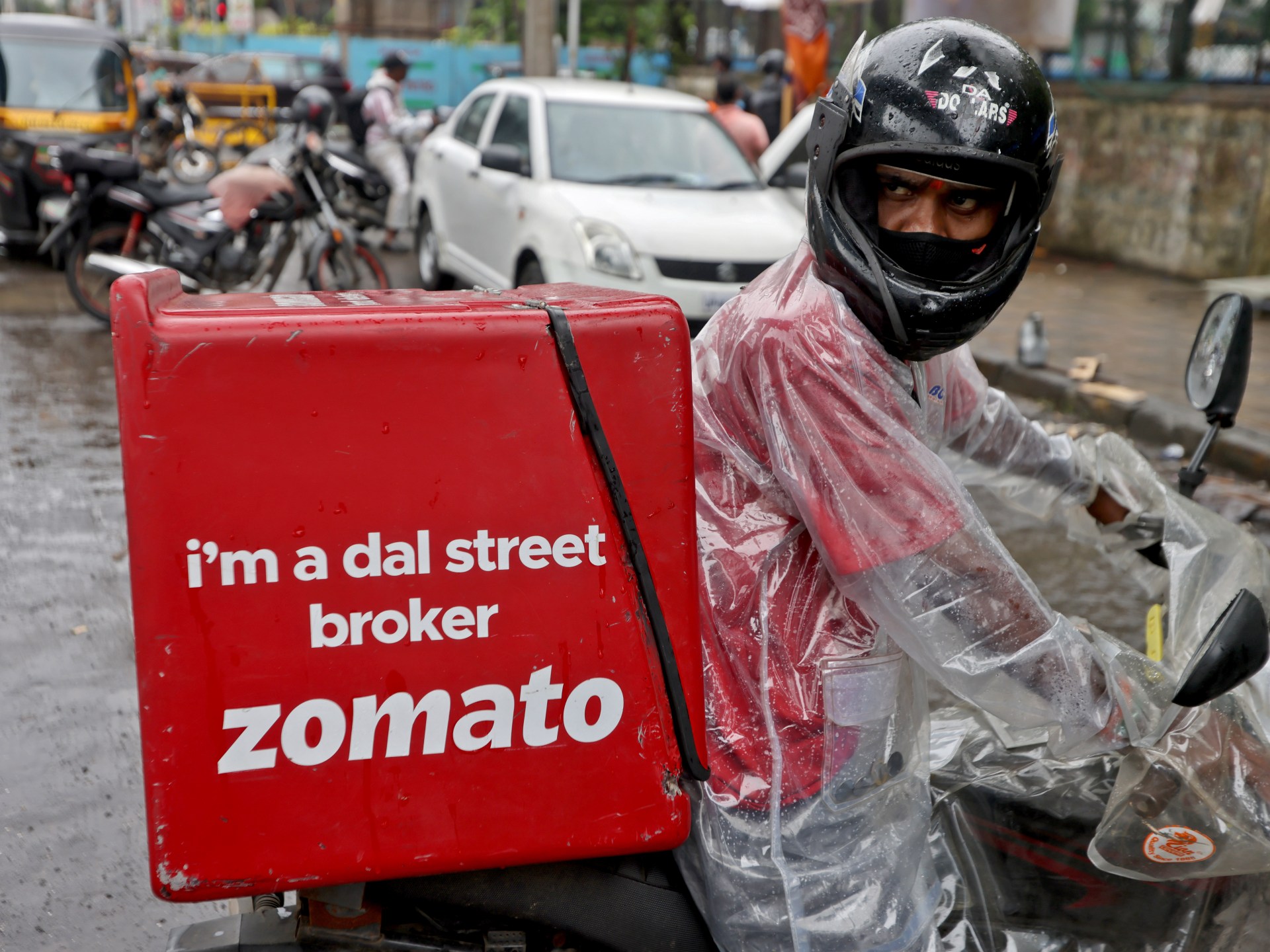Sharp uptick in fighting in Myanmar, UN humanitarians report — Global Issues
Clashes intensified on Sunday and continued through the week, significantly impacting northeast and southeast Myanmar and forcing over 48,000 people from their homes, amid rising needs, according to the UN Office for Coordination of Humanitarian Affairs (OCHA).
There are also reports that an alliance of three rebel groups seized towns in the country’s north, overrunning and occupying over 90 army outposts. The military has reportedly acknowledged the loss of at least three towns.
OCHA
Reports of fresh displacement in Shan (North), Myanmar. Some figures are under verification.
Routes cutoff
In a flash update issued late on Thursday, OCHA reported that vital transport links connecting northern Shan to China had been obstructed by the Myanmar Armed Forces (MAF) and Ethic Armed Organization (EAOs) checkpoints.
At least one critical bridge had been destroyed, with numerous places in northern Shan, eastern Bago and Kayin states facing “extensive disruptions” in mobile data and telecommunications.
Thirteen civilians, including children, lost their lives in the fighting in various locations, and a further two died after they were unable to access emergency medical services, according to the flash update. Several people are reported to have been injured.
Humanitarian needs
According to OCHA, in northern Shan state, faith-based organizations and host communities are delivering immediate assistance, including shelter, food, drinking water, hygiene supplies and non-food items.
Almost all of the people newly displaced since 27 October are seeking refuge in religious compounds and few are known to have entered pre-existing Internally Displaced Persons (IDP) sites.
Gaps and challenges
OCHA underscored the need for secure and unimpeded humanitarian access to deliver timely assistance. It added that disrupted telecommunications, particularly in northern Shan, is hindering relief work.
“Ongoing hostilities, coupled with the existence of checkpoints, road closures, and structural damage to bridges, are severely restricting the ability of humanitarian agencies to reach affected people, conduct verification of needs, and transport vital supplies,” it said.
Human rights situation
Meanwhile, the human rights crisis in the country “is bad and is getting exponentially worse”, Special Rapporteur Tom Andrews said.
In an interview with UN News last week in New York, on the margins of his report to the General Assembly, the independent human rights expert described the situation in the country, adding that no one is safe.
Hear the full interview below
Special Rapporteurs and other independent experts are appointed by the UN Human Rights Council and form part of what is known as its Special Procedures. They serve in their individual capacity, are not UN staff, and do not receive a salary.
Check out our Latest News and Follow us at Facebook
Original Source





